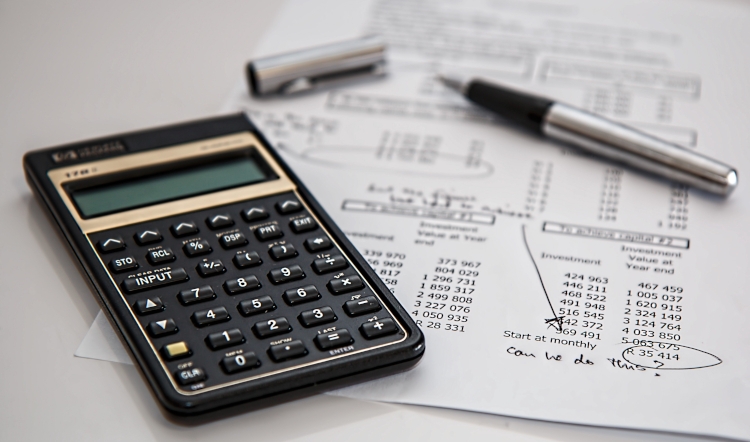The EU has standard rules on VAT, but these rules may be applied differently in each EU country. In most cases, you have to pay VAT on all goods and services at all stages of the supply chain including the sale to the final consumer. This includes from the beginning to the end of a production process, e.g. buying components, transport, assembly, provisions, packaging, insurance and shipping to the final consumer. In the following article you will get to know more about vat advice in europe.
When is VAT charged?
For EU-based companies, VAT is chargeable on most sales and purchases of goods within the EU. In such cases, VAT is charged and due in the EU country where the goods are consumed by the final consumer. Likewise, VAT is charged on services at the time they are carried out in each EU country.
VAT isn"t charged on exports of goods to countries outside the EU. In these cases, VAT is charged and due in the country of import and you don"t need to declare any VAT as an exporter. However, when exporting goods you will need to provide documentation as proof that the goods were transported outside the EU. Such proof could be provided by presenting a copy of an invoice, a transportation document or an import customs record to your tax authorities.
You will need to provide this proof to be able to fully deduct any receivable VAT that you have paid in a previous related transaction leading up to the export. Insufficient documentation may mean you won"t have the right to a VAT reimbursement when exporting goods.
Vat advice in Europe
VAT rules can be applied differently in each EU country. Although VAT is charged throughout the EU, each member country is responsible for setting its own rates. You can consult the rates in the table below but to be sure you have the correct rate, it is recommended that you check the latest rates with your local VAT office.
Standard rate
Each EU country has a standard rate which applies to the supply of most goods and services. This cannot be less than 15 procent.
Reduced rate
One or two reduced rates may be applied to supply of specific goods and services (based on the list in Annex III of the VAT Directive), but - in most cases - not to electronically supplied services. The reduced rates mentioned here cannot be less than 5 procent.
Special rates
Some EU countries are allowed to apply special VAT rates on certain supplies. These special rates apply to EU countries that were applying them on 1 January 1991.
There are 3 types of special rates:
- Super-reduced rates
- Zero rates
- Parking rates
- Super-reduced rates
Super-reduced rates of less than 5 procent are applied to the sales of a limited list of goods and services in certain EU countries.
Zero rates
Zero rates are applied to certain sales by some EU countries. When a zero rate is applied the consumer doesn"t have to pay any VAT, but you still have the right to deduct the VAT you paid on purchases directly related to the sale.
Parking rates (or intermediary rates)
Parking rates are applied by some EU countries to certain supplies of goods and services that aren"t included in Annex III of the VAT Directive. Those countries have been allowed to continue applying reduced VAT rates on these supplies, instead of the standard rate, provided that those reduced rates are no lower than 12 procent. Hope this vat advice in europe helped you!





